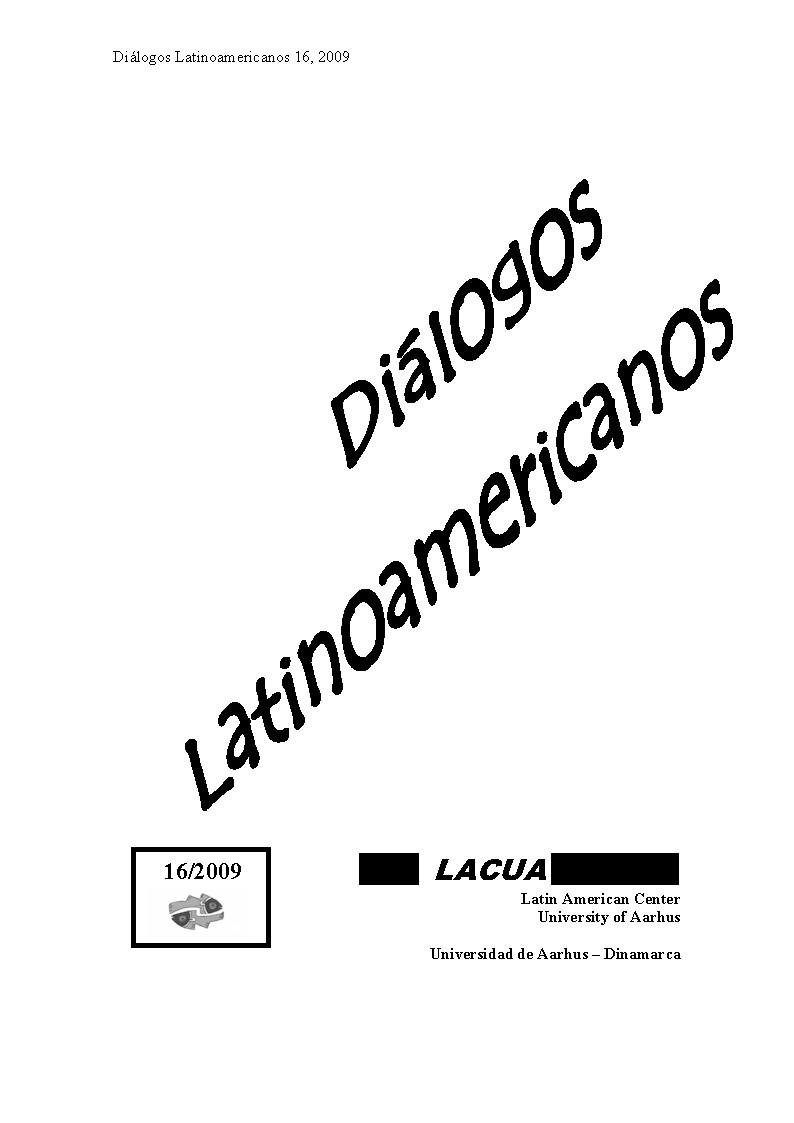Aspectos da música na liturgia católica na América Latina do Vaticano II aos dias atuais
Do “canto do povo de Deus” ao “som da massa”
DOI:
https://doi.org/10.7146/dl.v10i16.113579Keywords:
Theology of Liberation, Ethnomusicology, Neopentecostalism, Modernism in Music, Pop CultureAbstract
This paper provides a brief overview of the origins of ethnoliturgical
compositions and the scope of this aesthetic of music
in the church, especially stressing their link to the concept of
acculturation of the Theology of Liberation. The paper then
extends the discussion, pointing out what the musical-aesthetic
ideas of this movement are, and why it is linked to the Theology
of Liberation. The main point noted in this paper is concerned
with the possible theological, pastoral and aesthetics reasons for
its development and subsequent decline. Finally, the paper
reflects on the Pop phenomenon and its influence on
ecclesiology and liturgical music, leading to some conclusive
points on the character of an acculturated liturgical music in a
church increasingly marked by a Pop culture. The question
posed by the paper is: What are the pastoral and musical
consequences of this influence?
References
Alves, José. Missa Nossa Senhora do Brasil. Partitura. Rio de Janeiro: Comissão Arquidiocesana de Música Sacra, s/d.
Andrade, Mario. Ensaio sôbre a Música Brasileira.3.ed. São Paulo: Martins, 1972.
Béhague, Gerard. Music in Latin América: na introduction. New Jersey: Prentice-Hall. 1979.
Cardoso, Lindembergue. Missa Nordestina.Partitura.Manuscrito, 1966.
Concílio Vaticano II. Constituição Apostólica Sacrosanctum Concilium sobre a S. Liturgia. Art.119. Documentos Pontifícios 144. 2.ed. Petrópolis: Vozes, 1989.
Carvalho, V. M. Cantai ao Senhor um Canto Novo. As missas étnicas. Grande Sinal, Petrópolis, v. 54, n. 2, p. 165-175, 2000
Enout, João Evangelista. Misa Criolla. In: Liturgia e Vida. Abril de 1965. Rio de Janeiro: Instituto Pio X.
______. Atividades de Música Sacra. In.: Liturgia e Vida. Ano XIII, julho/agosto de 1966. Rio de Janeiro: Instituto Pio X.
Folha de S. Paulo. 9 de abril de 2006 Ilustrada, p. E¨6 “Cristoteca louva a Deus em plena balada”.
Gutiérrez, Gustavo. Onde dormirão os pobres. 3.ed. São Paulo: Paulus, 2003.
Heelas, Paul. Religion, modernity and postmodernity. Oxford: Blackwell, 1998.
Libanio, João Batista. Teologia da Libertação. Roteiro didático para um estudo. São Paulo: Loyola, 1987.
Martimort, A.G. A igreja em oração – princípios de liturgia. Vol 1. Petrópolis: Vozes, 1988. p. 84.
Metz, Johann Baptist. Al di là della religione borghese. Brescia: Queriniana, 1981.
Ramirez, Ariel. Misa Criolla. Partitura. Paris: Warner Chappell Music France SA, 1996.
Restany, Pierre. Os novos realistas. São Paulo: Perspectiva, 1979.
Sanchis, Pierre. Liturgie en Conserve et liturgie vivante. Le cas de la Messe do Morro (Brésil). Ecole Pratique des Hautes Etudes. Mimeo. Paris, 1971.
______. Missa do Morro. Partitura. Mimeo. s/d.
Scrugs, T.M. (Re)Indigenization?: Post-Vatican II Catholic Ritual and "Folk Masses" in Nicaragua. In: World of Music. 47(1): 91-124.
Sennett, Richard. A cultura do novo capitalismo. São Paulo: Record, 2006.
Souza, Marina Melo e. "Os missionários da nacionalidade" In: Papéis Avulsos. 36:4 (1991), CIEC, Rio de Janeiro.
Souza, José Geraldo. Folcmúsica e liturgia. Petrópolis: Vozes, 1966. Coleção Música Sacra. Vol. I.
Vigil, José Maria. Torrellas, Angel. Misas Centroamericanas. Managua: CAV CEBES, 1988.
VV.AA. Música brasileira na liturgia. Petrópolis: Vozes, 1969. Coleção Música Sacra Vol.II
Veja, de 12 de julho de 2006. “Novos Pastores”.
Downloads
Published
How to Cite
Issue
Section
License
Counting from volume 31 (2022), articles published in Diálogos Latinoamericanos are licensed under CC-BY 4.0. Read more about the license terms here https://creativecommons.org/licenses/by/4.0/.
No Creative Commons license applied on volumes 1-30. All rights reserved by the authors. Readers may download, read, and link to the articles, but they cannot republish the articles.
With the publication of volume 31 (2022), authors retain the full copyright to their articles and give Diálogos Latinoamericanos the right to the first publication. Authors also retain copyright to earlier versions of manuscripts, such as the submitted (pre-print) and the accepted manuscript (post-print).
Copyright to articles published in volumes 1-30 is held by the authors.





